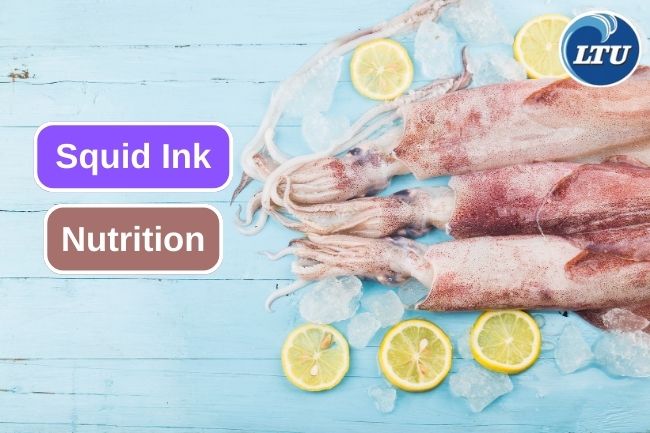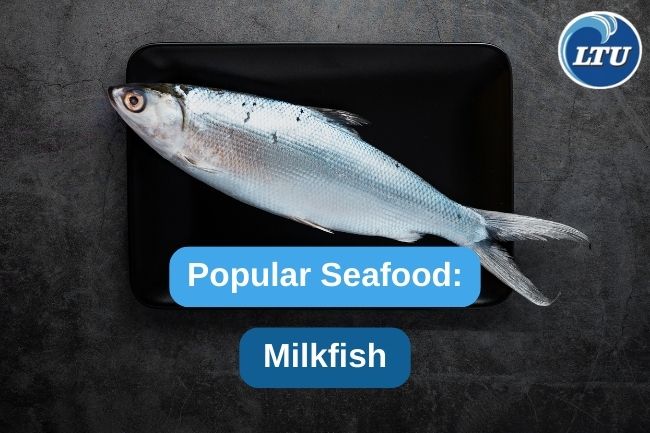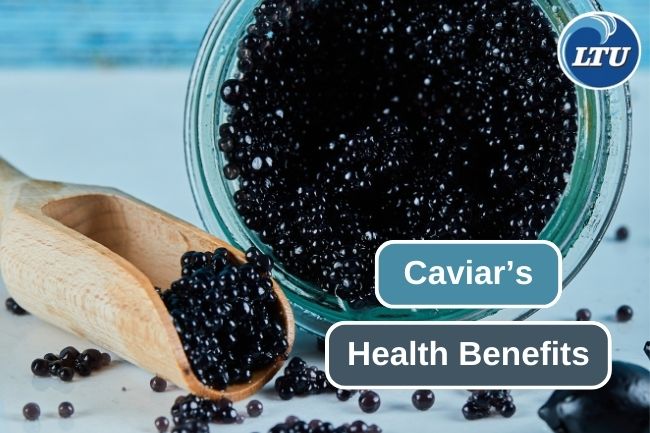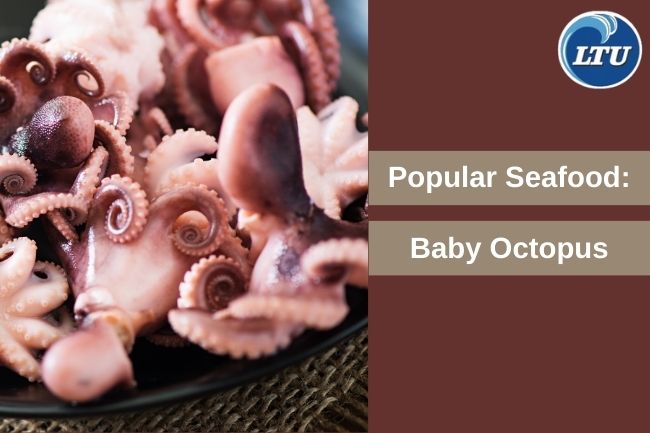7 Essential Nutrition Content in Squid Ink
By. Nevanda - 18 Jul 2023
lauttimur.com - Squid ink, with its distinctive dark color, has become an integral part of the world's cuisine. However, apart from giving a dish a distinctive visual and flavor touch, squid ink also holds surprising nutritional potential. Now, researchers are increasingly interested in uncovering what lies behind the dark color of squid ink, what its nutritional content is, and whether it can contribute to our health.
In this article, we will discuss the various nutritional components contained in squid ink and the extent of their potential benefits to the human body. Let's delve into the nutritional mystery of squid ink together!
Read also: 7 Disadvantages of Purse Seine to Catch Fish
In general, squid ink contains several nutrients that may vary depending on the specific squid species. The nutrients that we can usually find in squid ink include:
1. Iron
Squid ink contains iron, which is an essential nutrient to help form red blood cells and plays a role in oxygen transportation in the body.
2. Protein
Squid ink contains protein, which is an important substance for building and repairing body tissues.
3. Amino Acids
Amino acids are the building blocks of protein, and squid ink contains a wide variety of essential and non-essential amino acids.
4. Vitamin B12
Squid ink is a great source of vitamin B12, which plays a role in nerve function, red blood cell formation, and metabolism.
5. Coloring Agents
The pigments in squid ink give it its dark color, and some studies have shown that these pigments have antioxidant and antibacterial properties.
Read also: Dive into This Exquisite Fish Burger Recipe
However, keep in mind that the nutrient content in squid ink is generally insignificant, and typically, squid ink is more often used to provide flavor, aroma, and color to dishes rather than being a primary source of nutrients. Also, if you want to consume squid ink, make sure it is properly processed and cooked as it can become a contaminant if not handled properly. It is best to consult a doctor or nutritionist before making any decisions regarding the consumption of squid ink in your diet.








